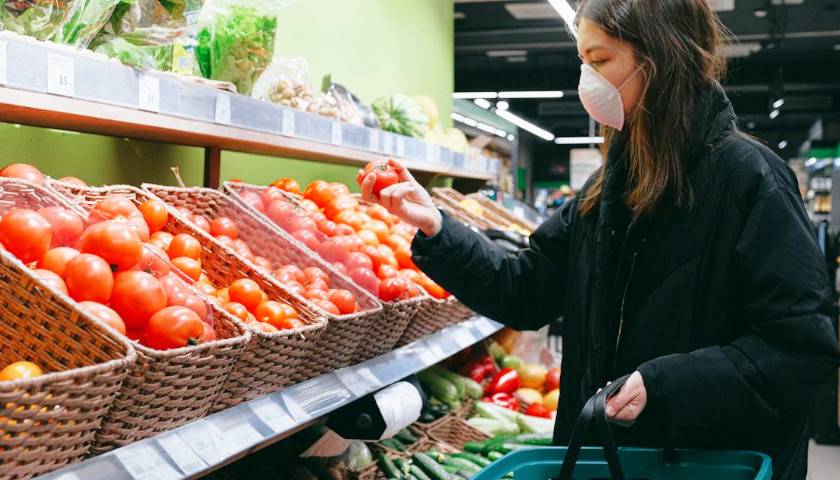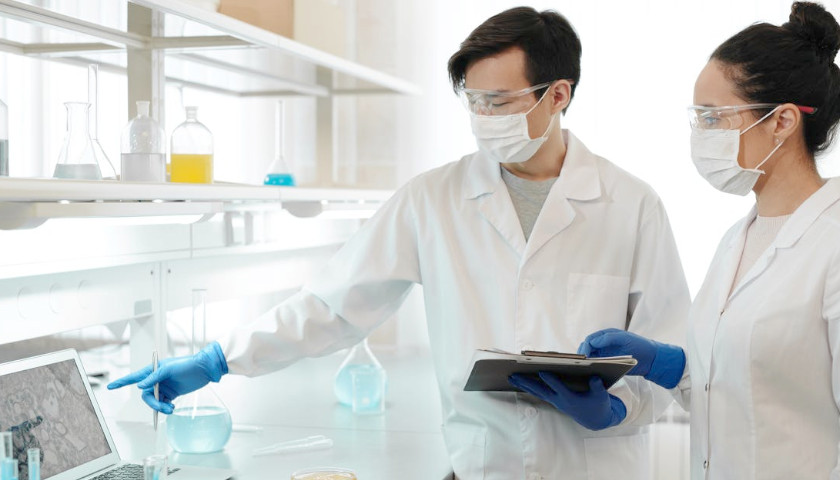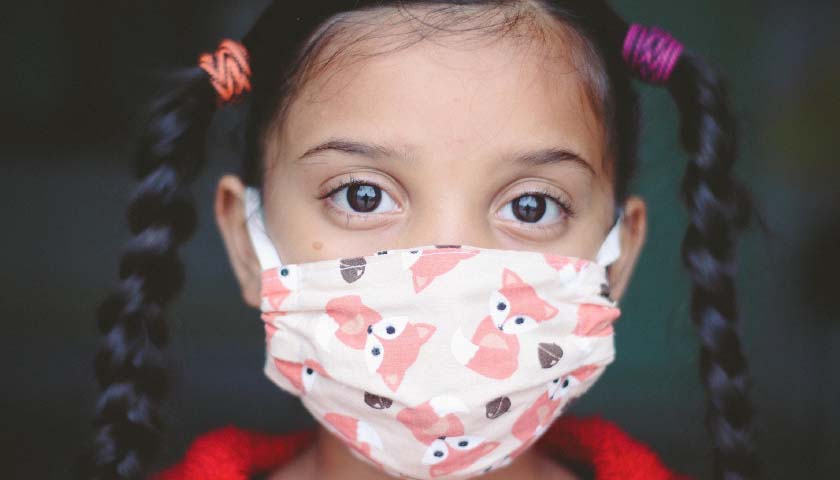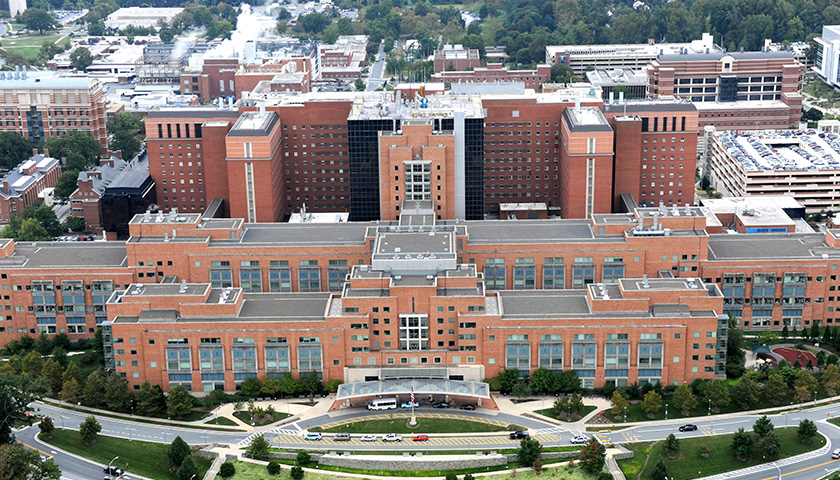Imagine a scientist who decided to reject every scientific experiment or study that had come before him and would trust only scientific principles that he demonstrated with his own experiments.
Naturally, he would completely handicap himself. In his arrogance, he’d accomplish very little with his science, since he’d be hard at work re-demonstrating every scientific discovery ever made, many of which build on each other. He could never hope to repeat what generations of scientists (many of them much smarter than he) had accomplished over hundreds of years. But if he wasn’t willing to accept their testimony, writings, and conclusions, he’d have no other choice.
Read More




